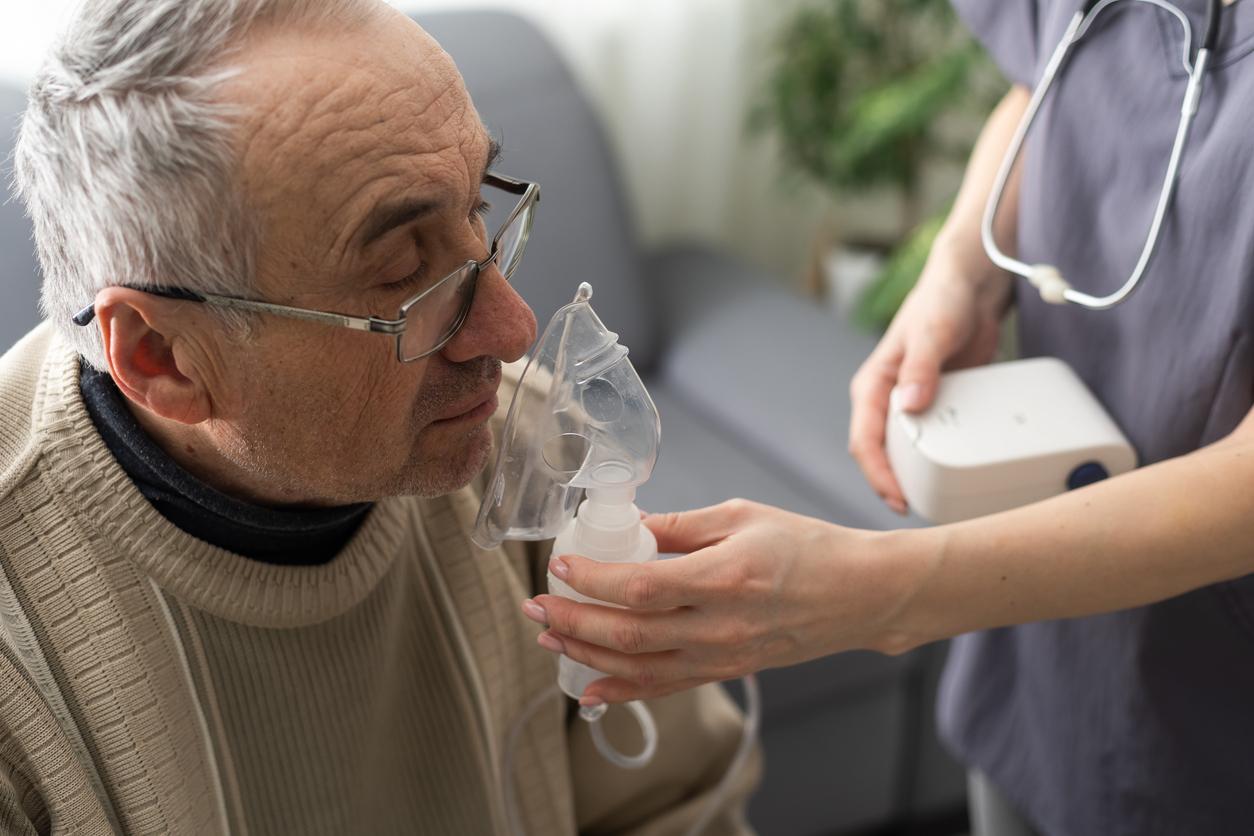Certain chest pains can be warning symptoms of a heart attack. A cardiologist takes stock to help recognize them.

- Heart attack, or myocardial infarction, can manifest itself through different symptoms: chest pain, headache or stomach ache, dizziness, etc.
- In the event of a heart attack, pain in the chest can also radiate to other parts of the body, such as the back, neck, jaw or even the left arm.
- Chest pain can be a warning sign of a heart attack when it persists for a long time (more than three minutes) or when it does not decrease by changing one’s body position, for example.
Not all chest pain signals a heart attack, but some of them are indeed worrying warning signs. How to identify them?
In a article recently published on the website of the Cleveland Clinic, a famous university medical center in the United States, the doctor Luke Laffina researcher specializing in cardiology, explains that it is by carrying out a self-diagnosis, in other words by asking a series of questions, that the person can determine if their chest pain is a heart attack or if it is caused by something else.
Is the chest pain sharp and fast?
It is unusual, according to Dr. Laffin, for the symptomatic pain of a heart attack to be intense and fleeting. Sharp, short-lasting pain is more likely to come from a bone or nerve problem, such as a cracked rib or pulled chest muscle. And, although the pain may actually be more acute than that of a heart attack, so it will go away fairly quickly.
But “If your discomfort lasts more than three minutes, or gets worse quickly, there is a real possibility that you are having a heart attack or are about to have one.”explains the specialist, who recalls that “chest pain due to a heart attack can last 30 minutes or more.”
Does changing position relieve chest pain?
If your chest pain decreases when you change your body position or move while walking, there is a good chance that you are not having a heart attack, but rather that you have a lung problem associated with heart failure. asthma or pneumonia.
“In the event of a heart attack, you would not be able to find a position that makes the pain go away, says Dr. Laffin. Heart attack victims describe the discomfort as incessant and relentless.

Do antacids help with pain?
Stomach acid reflux, which causes a burning sensation in the esophagus, is in many ways similar to the pain of a heart attack, notes the cardiologist. It’s up to you: if taking antacid medications relieves you, the origin of the problem is probably in your digestive system, and not in your heart.
In any case, if you have unexplained chest pain, it is crucial to get examined by a doctor as quickly as possible, or at least to call the ambulance or firefighters who will be able to help you rule out (or confirm) the risk of heart attack.
Finally, note that not all people who have a heart attack feel the same pain. Some don’t even know they’re doing one… But “These silent heart attacks are no less dangerous than any other myocardial infarction”recalls Doctor Luke Laffin in conclusion.

















